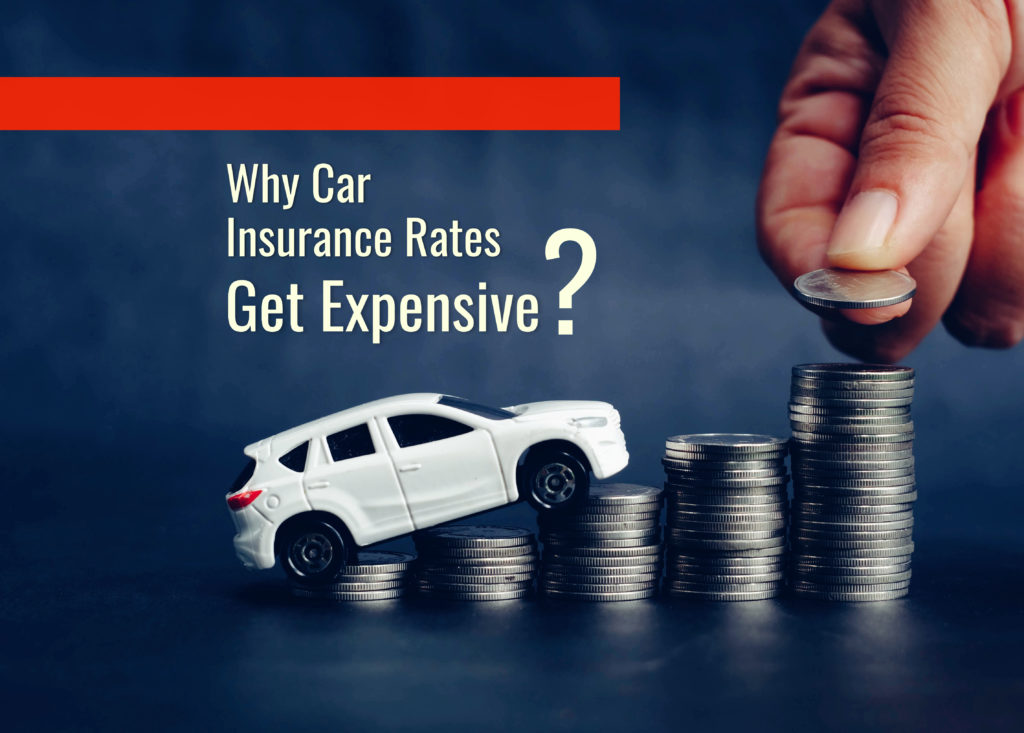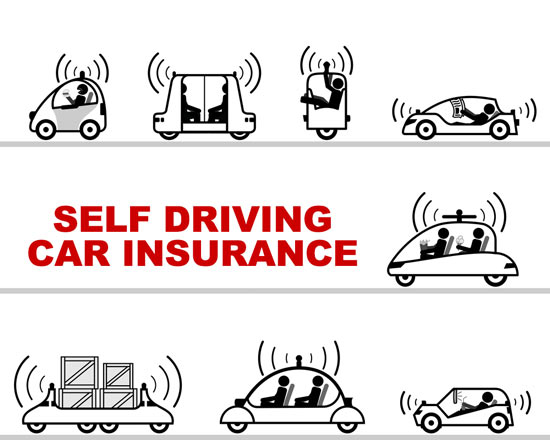Why Do Car Insurance Rates Get Expensive?
Wondering why your car insurance rate has become so costly? Car insurance rates can get expensive for a number of reasons, including:
- Inflation
- Your age
- Your gender
- Location
- Driving history
- Credit score
- And more
In this article, we’ll explain why car insurance has gotten so much more expensive over the last few decades, as well as why it might be more costly for you. This important info can help you discover strategies to significantly reduce the cost of your car insurance:

Inflation
In 2020, the price of car insurance was over 375 percent higher across the board than in 1985. Why has car insurance increased in price over the years? From 1985 to 2020, inflation in the cost of car insurance measured an average of 4.85 percent per year.
This means that, for example, car insurance that cost only $500 per year in 1985 would cost $2,393.55 annually in 2020. If you’re shocked that your car insurance costs way more now than it did a decade (or three!) ago, inflation is likely the most important reason why.
Your Age
Being a young driver can massively increase the cost of car insurance. In fact, age is probably the most common and significant reason for expensive car insurance.
Why? The data shows that young drivers (under the age of 25) are more likely to get in car accidents than more mature, experienced drivers (typically considered to be those in their thirties and above). When insuring youthful drivers, insurance companies have to account for the higher likelihood that they’ll have to pay for the expensive consequences of a car accident.
On the bright side, once you surpass the age of 25, your car insurance will almost certainly get more affordable. So if this is a factor for you, rest assured that you can look forward to cheaper insurance in the future.
Your Gender
Men almost always pay more for car insurance than women. That’s because men are more likely to have DUIs and to get into accidents, especially very dangerous accidents.
This is particularly true for young men—past the age of 30, the gender divide in car insurance rates is less consistent.
Location
If your location has a record of many/costly car insurance claims, you’ll be forced to pay more for car insurance. Once again, insurance companies are trying to maintain profitability, so they’re accounting for the higher probability that they’ll have to pay you more for future insurance claims.
Note that your location isn’t necessarily determined by your city or town. It’s frequently chosen based on your zip code. So if you’re wondering why your friend who lives in a different neighborhood has more affordable car insurance, that may be why. People living in cities also pay more for car insurance than those in small towns and in the country.
Driving History
Drivers who don’t violate traffic laws typically pay less for car insurance. As long as you pay them on time, parking tickets aren’t a concern. What will really increase the cost of your car insurance are moving violations, especially more than one. Car insurance companies are accounting for the fact that drivers with many moving violations and unpaid parking tickets are more likely to file insurance claims. Furthermore, an additional factor is your driving history. At-fault accidents will significantly raise the insurance rate. Insurance companies check the number of at-fault accidents in the 3 previous years.
Credit Score
Even if you have a history of being a good, safe driver, a low credit score can contribute significantly to your insurance rates.
This depends on your state, however. Some states prohibit insurance companies from using credit scores to determine your insurance rate: Hawaii, Massachusetts, and California.
Other Factors
These factors also contribute to high car insurance rates:
- The type of car you drive
- A gap in insurance coverage
- A history of costly past claims
- Getting off of your parents’ auto policy (being on your parents’ insurance can make it 66% cheaper)
- Costly coverage options (optional coverages can add $1,000+ per year)
Now that you understand the causes of high car insurance rates—from systemic economic factors like inflation, to personal factors like your age, gender, credit score, and more—you have the crucial info needed to locate more affordable car insurance.


